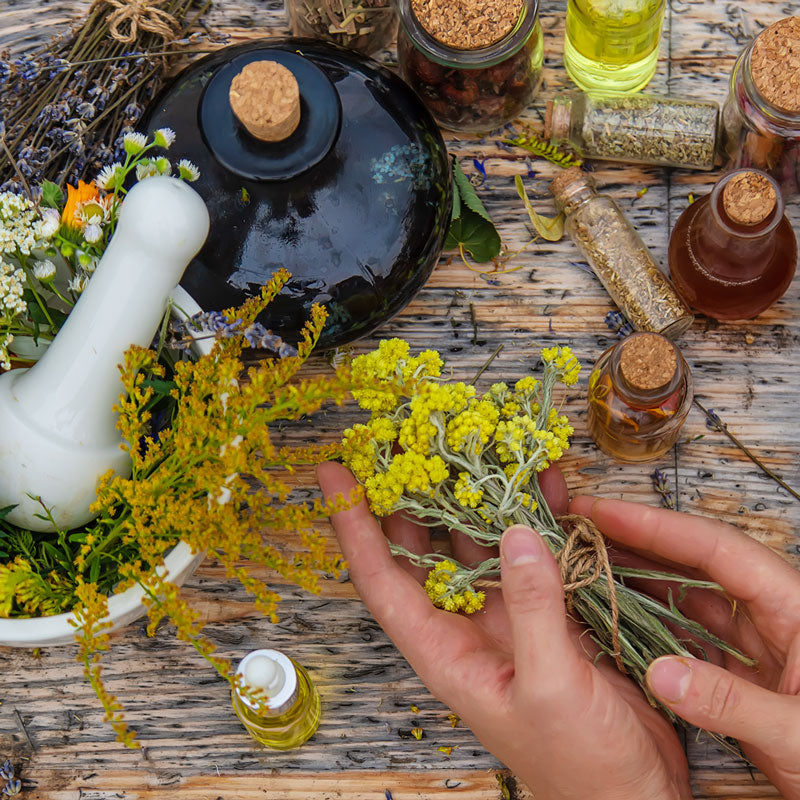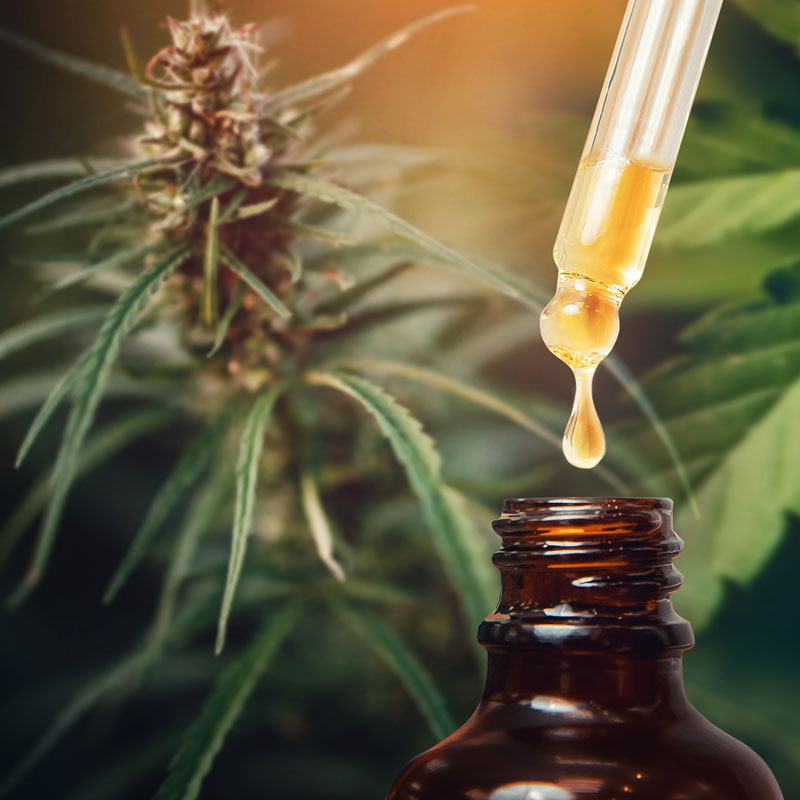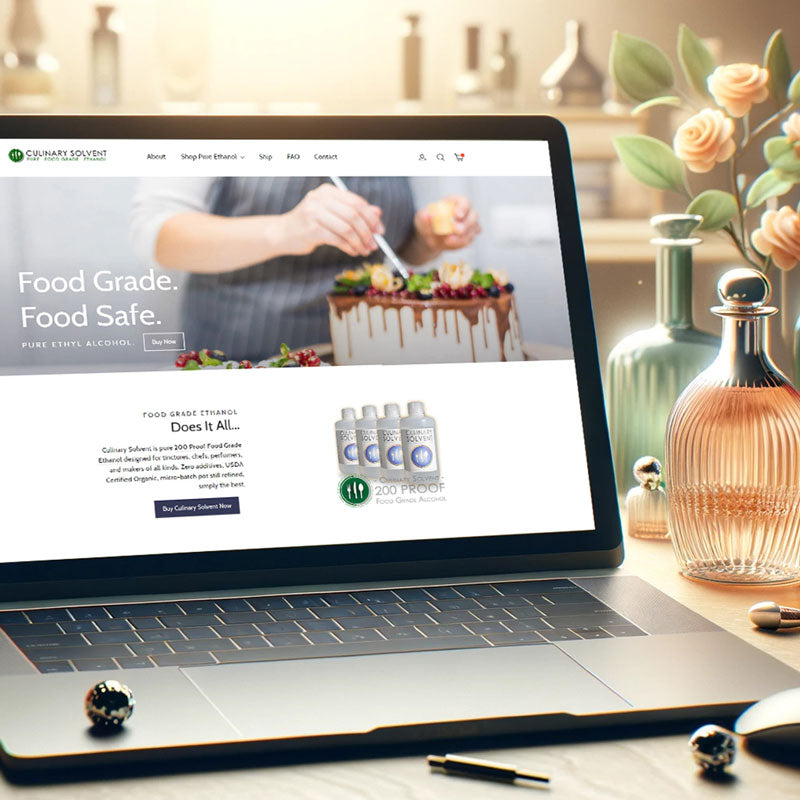Top 13 Herbal Ingredients That Support Wound Healing and Skin Health
For generations, various herbs have been traditionally used in topical preparations and personal care routines. These plants have been valued for their roles in supporting skin maintenance, especially when formulated into salves, balms, or other botanical skincare products. Below are 13 herbs commonly included in herbal preparations designed for general skin support.
Herbs Commonly Used in Botanical Skincare Preparations
Aloe Vera – Traditionally used in topical formulations for skin hydration and comfort.
Burdock – Commonly used in formulations that emphasize skin balance and botanical detox blends.
Calendula – A popular herb in botanical skincare traditions for general skin conditioning.
Chickweed – Often incorporated in topical blends aimed at soothing skin.
Comfrey – Traditionally used in external applications for its mucilage-rich composition.
Frankincense – Valued in aromatic and topical preparations for its resinous qualities.
Lamb’s Ear – Traditionally referenced in folk herbalism for surface care and gentle topical use.
Marigold (Pot Marigold) – Included in many personal care formulations for its gentle nature on skin.
Myrrh – A resin traditionally used in aromatics, oral care products, and topical salves.
Plantain – A common wild herb incorporated in botanical blends for skin comfort.
Purslane – Featured in botanical oil infusions and natural personal care products.
Rose – Revered for its aroma and often used in skin toners and botanical perfumes.
Yarrow – A classic herb in folk traditions, commonly included in salves and herbal compresses.
Many herbalists prefer to prepare tinctures and extracts using 200 proof food grade ethanol to maximize the extraction of alcohol-soluble compounds. Alcohol-based tinctures offer long shelf life and efficient concentration of botanical constituents. Whether you're making an herbal-infused oil, a skin-friendly spray, or a traditional tincture, high-purity ethanol can serve as a clean and effective extraction solvent.
Disclaimer: This content is for informational purposes only and is not intended as medical advice. It does not diagnose, treat, cure, or prevent any disease. Always consult with a qualified healthcare provider before using any botanical products, especially if you are pregnant, nursing, have a medical condition, or are taking medications.





















